Research
"Strengthening Traditional Leadership Through Knowledge, Law, and Policy."
Research Reports & Whitepapers
RACC produces data-driven research, case studies, and policy reports that influence government, businesses, and communities.
Key Research Areas:
1. Traditional Leadership & Governance
Examining the role of traditional kings & councils in modern governance.
How traditional law coexists with constitutional law in South Africa.
Recommendations on strengthening legal recognition for traditional rulers.
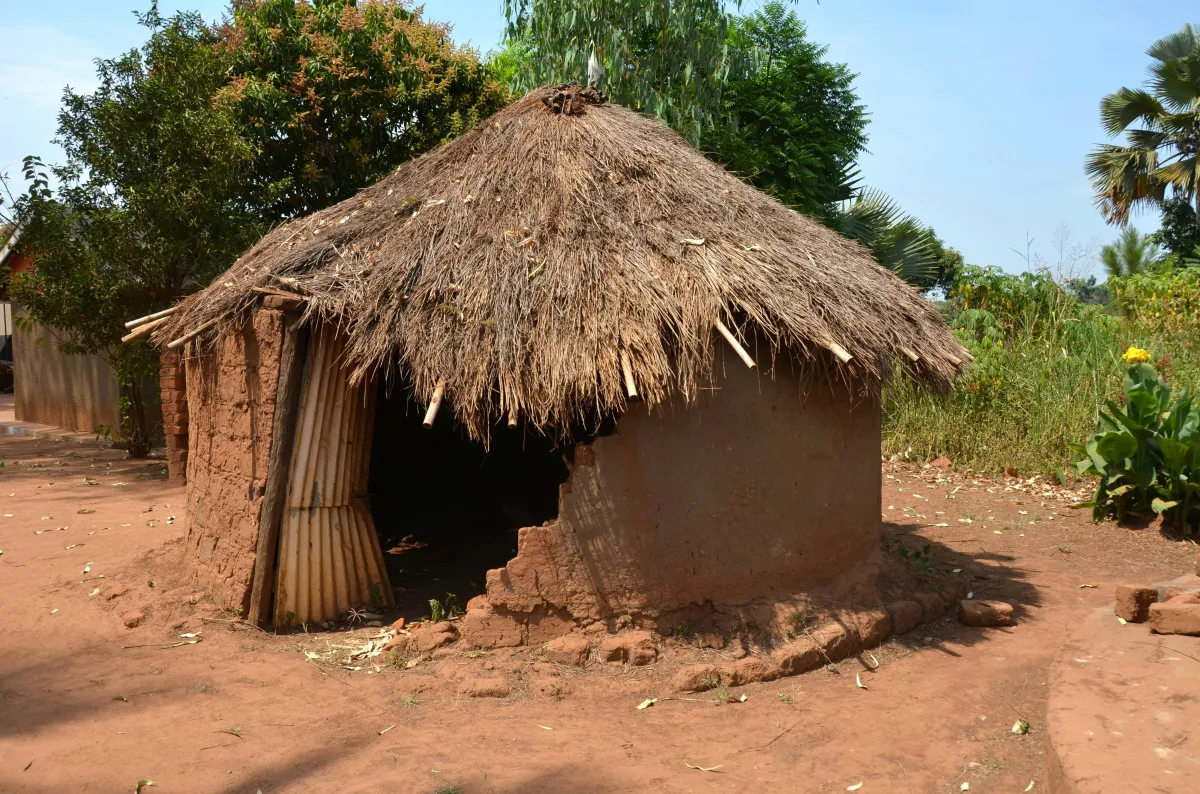
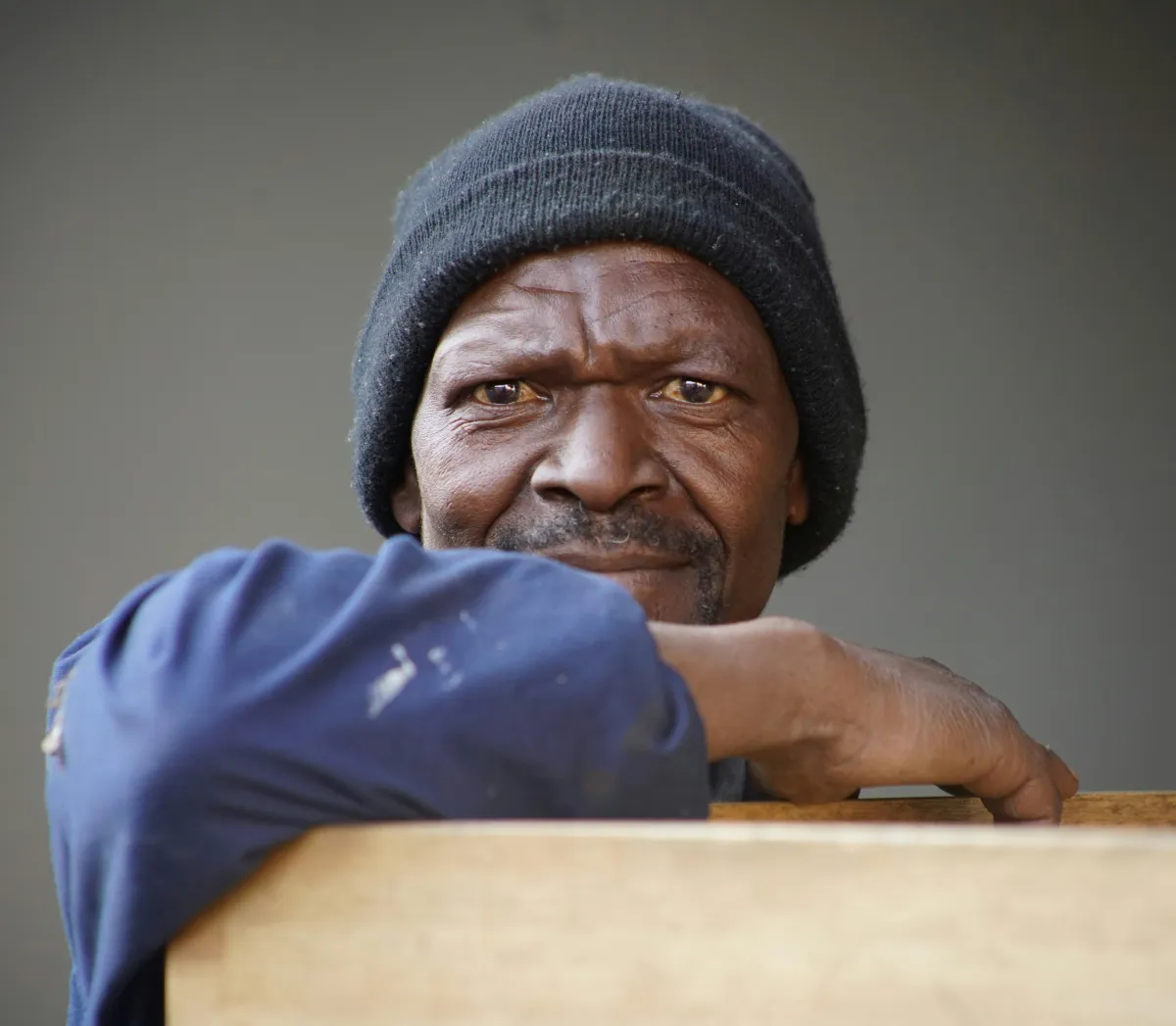
2. Legal Frameworks Affecting Traditional Land Rights
Analysis of laws that impact land control, governance, and business partnerships.
Policy gaps that weaken traditional leadership authority.
Recommendations on how to fix unfair land laws & protect traditional rights.
3. The Role of Kings in Modern Economic Development
How traditional leaders can drive economic transformation in their territories.
The impact of land custodianship on agriculture, mining, and trade.
Case studies on successful traditional business models & governance strategies.
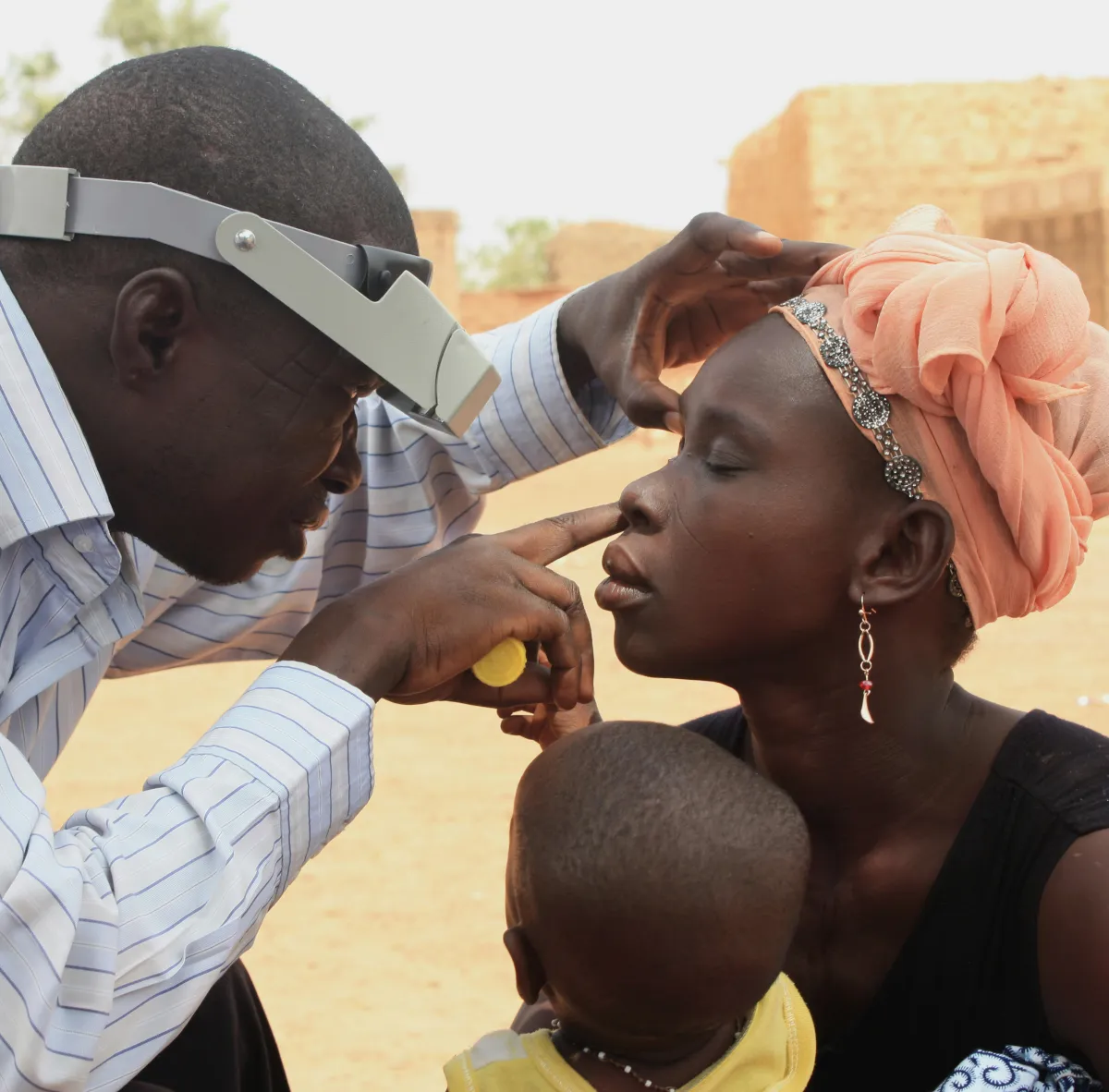
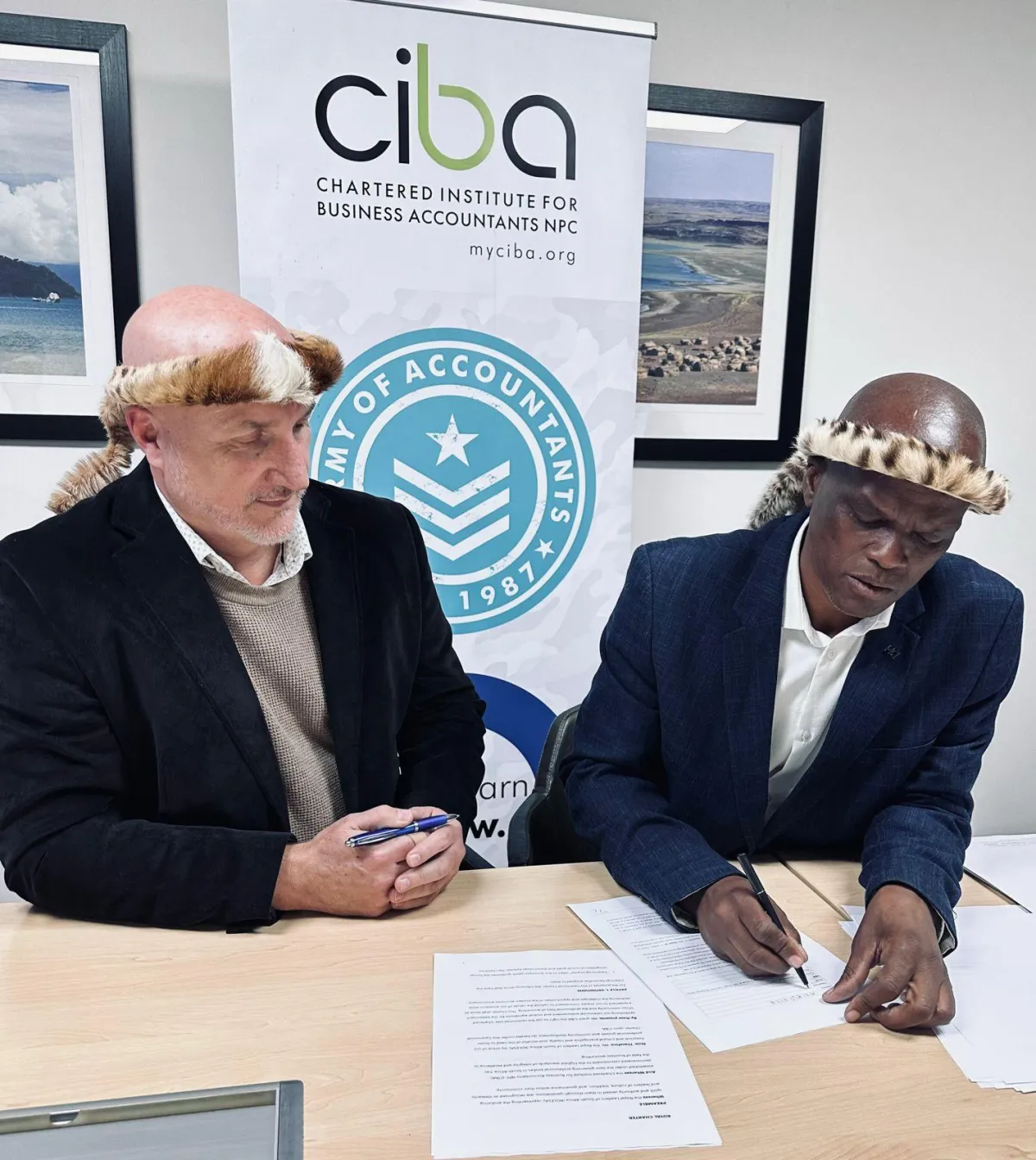
4. Case Studies on Traditional Leadership Worldwide
How countries like Botswana, Ghana, and New Zealand integrate traditional rulersinto national governance.
Lessons from the Waitangi Tribunal (New Zealand), the Asante Kingdom (Ghana), and Botswana’s House of Chiefs.
Policy recommendations for South Africa’s recognition of kingship & land custodianship.
Policy Engagement:
Reforming Laws & Strengthening Leadership
RACC is actively pushing for legal and policy changes that recognize the rightful governance authority of kings and their control over ancestral land and economic activities.
Key Advocacy Areas:
Advocacy for Stronger Legal Protection for Traditional Communities
Fighting anti-traditional laws that weaken kingship authority.
Demanding constitutional clarity on traditional leaders' role in governance.
"Our kings are not ceremonial figures. They are rulers, custodians, and decision-makers."
Lobbying for Laws That Restore Traditional Land Rights
Challenging state land ownership laws that ignore traditional custodianship.
Pushing for direct land restitution to traditional councils, not government agencies.
"Our kings are not ceremonial figures. They are rulers, custodians, and decision-makers."
Negotiations with Government & Private Sector for Economic Development
Ensuring businesses respect traditional governance when investing in rural areas.
Creating stronger legal frameworks that require corporations to consult traditional
leaders before land use.
"Our kings are not ceremonial figures. They are rulers, custodians, and decision-makers."
Media & Thought Leadership
RACC is at the forefront of public debate, expert discussions, and thought leadership on traditional governance.
Expert Interviews & Leaders’ Perspectives
Conversations with traditional leaders, legal experts, and policymakers.
Live discussions on the future of traditional governance in South Africa.
Insights into economic development, law, and culture under traditional rule.
Opinion Articles & Policy Analysis
Legal and policy insights on land reform, kingship authority, and governance.
Opinion pieces from scholars, lawyers, and kings on why traditional rule matters.
Debates on how South Africa can strengthen traditional leadership in law.
Take Action
Support RACC’s Policy & Legal Work
We cannot fight these battles alone. Be part of the movement to protect traditional governance.
Sign the Petition for Kingship Rights
SIGN NOW
+27 (83) 286 7350
RACC National Office, 468 Berea Street, Muckleneuk, Pretoria
Subscribe to our social
© 2025 Royal Authority for Commerce and Charters. All rights reserved.
RACC is the official implementation agency of ROLESA.
Proudly aligned with kingship, community, and cultural governance.
